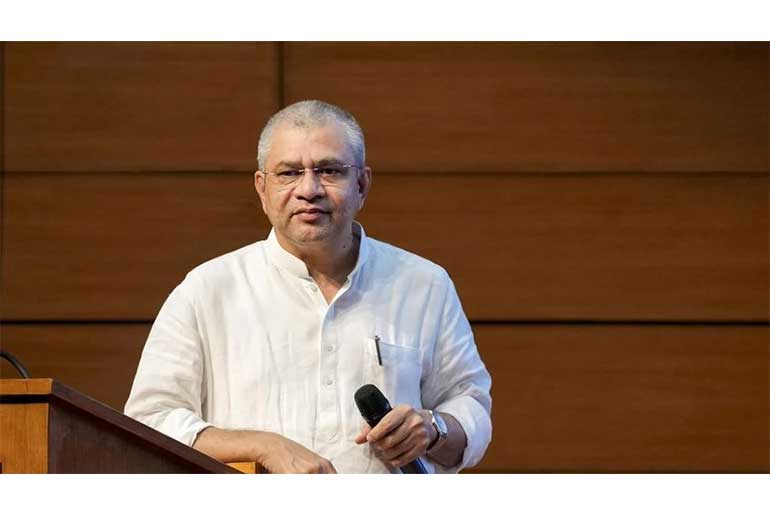Ashwini Vaishnaw, the Union Electronics and IT Minister, opened a state-of-the-art manufacturing plant of lithium-ion batteries by Japanese electronics giant TDK Corporation in Sohna, Haryana. Installed at an upfront cost of 3000 crore as part of the Electronics Manufacturing Cluster (EMC) program run by the Centre, the plant is an important move towards empowering the Indian electronics manufacturing value chain and autonomy in advanced technology.
The designed factory, having a capacity of 20 crore battery packs in a year, is estimated to serve about 40 percent of the overall demand of India in mobile phone and wearable battery packs, estimated at the present 50 crore units per annum. The variety of applications that these batteries will serve will be extensive to include smartphones, laptops, earbuds, AirPods, and smartwatches.
The first production will start during the fourth quarter of calendar year 2025, with the plant ramping up operations, depending on the demand in the market. The establishment, which is located on an area of about 180 acres, will also employ more than 5,000 individuals directly. The AT Bawal facility is already undergoing training of the workforce.
Minister Vaishnaw emphasized that the launch of such a technologically advanced facility marks a major milestone in India’s journey toward becoming a global electronics manufacturing hub. “Whether it’s camera modules, PCB assembly, semiconductors, or batteries, every component will be manufactured in our country over the coming years,” he stated.
A large international manufacturer of lithium-ion batteries, TDK—a traditional supplier to firms such as Apple and other well-known manufacturers of mobile phones and laptops—affirmed that the Sohna facility would be accessible to every player in the industry looking to obtain high-technology battery solutions. Fumio Sashida, the TDK CEO of Energy Solutions Business, commented that the company was ready to scale their production to meet their customers’ needs.
The state proactiveness in the creation of such manufacturing infrastructure was credited by Haryana Industries and Commerce Minister Rao Narbir Singh.
Such an initiative is another vital move by India in the quest to limit reliance on imports and be a reliable partner in the global electronics value chain.



